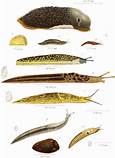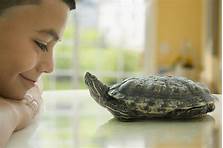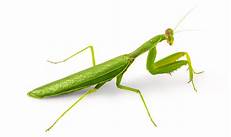How Much Does an Octopus as a Pet Cost?
Owning a pet octopus can be a rewarding and unique experience, but it's important to consider the financial responsibilities that come with it before making a commitment. The cost of an octopus as a pet can vary significantly depending on the species, size, and location of purchase. Here's a guide to average costs associated with owning an octopus as a pet:

Initial Costs
1. Acquisition: The initial cost of acquiring an octopus varies greatly depending on the species and size. On average, you can expect to pay anywhere from $50 to $500 for a small octopus. Larger or rarer species can cost significantly more, with some species reaching prices of over $1,000.
2. Aquarium Setup: Octopuses require a specialized aquarium setup to thrive, including a tank with at least 20 gallons of water, a filtration system, a heater, and a protein skimmer. These items can range from $200 to $1,000, depending on the size and quality of the equipment.
3. Substrate and Decoration: The substrate and decorations for the octopus's habitat can also add to the initial costs. A suitable substrate, such as live sand or crushed coral, can cost around $20 per bag. Decorations like rocks, shells, and artificial plants can range from $10 to $50 each.
Ongoing Costs
1. Food: Octopuses are carnivorous and require a varied diet of live or frozen foods such as crabs, shrimp, and small fish. The cost of food will depend on the size of your octopus and its appetite. On average, you can expect to spend around $50 to $100 per month on food.
2. Maintenance and Supplies: Regular maintenance tasks such as water changes, cleaning the aquarium, and testing water parameters are essential for keeping your octopus healthy. Additionally, you may need to purchase supplies like salt mix, water conditioners, and medications as needed. These expenses can add up to around $30 to $50 per month.
3. Veterinary Care: Similar to other pets, veterinary care is an important aspect of octopus ownership. Octopuses can be prone to various illnesses and injuries, requiring medical attention. The cost of veterinary care can vary depending on the issue and the veterinarian you visit.
Other Considerations
1. Time and Commitment: Owning an octopus requires a significant amount of time and commitment. These animals are intelligent and need mental and physical stimulation to thrive. Be prepared to spend several hours each week providing care, feeding, and interacting with your octopus.
2. Lifespan: The lifespan of an octopus can vary depending on the species, but most have a relatively short lifespan of 1 to 3 years. This means you should be prepared for the emotional and financial implications of losing your pet after a relatively short period of time.
3. Local Regulations: Some areas have regulations or restrictions on keeping octopuses as pets. Be sure to check with your local authorities to ensure it's legal and permissible to own an octopus in your area before making a purchase.
In conclusion, the cost of owning an octopus as a pet can be substantial, including initial expenses for acquisition and setup, as well as ongoing costs for food, maintenance, and veterinary care. Before committing to octopus ownership, it's essential to carefully consider the financial and time commitments involved to ensure you can provide the best possible care for your pet.
Declaration: All article resources on this website, unless otherwise specified or labeled, are collected from online resources. If the content on this website infringes on the legitimate rights and interests of the original author, you can contact this website to delete it.




